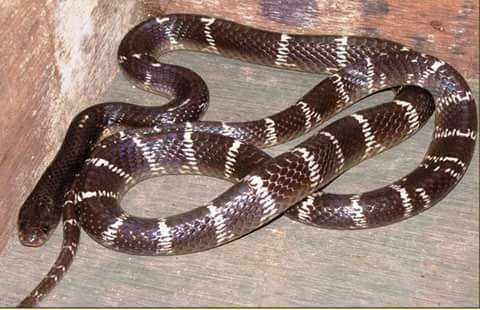Snakebite cases on the rise, Civil Hospital sans ventilator
Shivani Bhakoo
Tribune News Service
Ludhiana, July 25
With the onset of monsoon, cases of snakebite have increased manifolds. The officials with the Health Department maintain that on an average, one or two cases of snake bites were reported daily, while many others went unreported.
At the Civil Hospital, where most of the poor and needy come with snakebites, there are no ventilators, which is the first and foremost requirement in case of a snakebite. As if this was not enough, the anti-venom medicine given by the hospital authorities comes from the South, where the snake varieties are different. Here in Ludhiana, 70 per cent of the snakes found are common krait and cobras, which are highly poisonous. The hospitals rely on medicines coming from southern states in the case of snake bites from other species of snakes.
Admitting to the increase in number of snakebites, SMO Dr Avinash Jindal said during rainy season, there has been an increase in cases of sankebites. “If ventilators are required, the patients are referred to other hospitals as Civil Hospital has got no ventilator.”
The treatment of snakebite costs between Rs 1 lakh and Rs 2 lakh. Though the treatment is free and the government reimburses it, yet the attendants run from pillar to post to save the lives of their kin to arrange funds in many cases and even for reimbursements, there is an endless wait.
Parvinder Singh, working with the Wildlife Department here, said he had been rescuing snakes for over a decade now. On an average, in rainy days, about 40 to 50 snakes are rescued from the houses of residents every month. The rescued snakes are left near rivers and vacant fields later.
“Here in this region, majority of snakes found are common krait and cobras, which are highly poisonous. They are silent killers. Their poison affects your nervous system, for which ventilators are required urgently, but Civil Hospital has no ventilator and patients are referred to the Government Rajindra Hospital, Patiala. A lot of time is wasted in travelling and many patients lose their lives on the way to the hospital. We have requested authorities to arrange for ventilators, cashless facility and the anti-venom medicines, particularly for the varieties found here only. But there seems no seriousness, while the snakebites prove fatal in most cases,”said Parvinder.
There has not been much awareness among the masses that the entire expense of a snakebite case is borne by the government. In case of any death, the government provides compensation of Rs 2 lakh. But people rue that to get reimbursed, they had to make rounds at government offices upto even two to three years.
Fact file
- Cases of snakebites increase in monsoon
- Mostly common krait and cobras are found in this region, which are extremely poisonous
- The antidote given is not for these variety of snakes and are effective up to only 70 per cent
- Anti-venom medicine given by the hospital comes from the South, where the snake varieties are different.
- On an average, in rainy days, about 40 to 50 snakes are rescued from residential houses every month
- The treatment of snake bite costs between Rs 1 lakh and Rs 2 lakh
- Though the treatment is free and the government reimburses bills, yet the attendants run from pillar to post to save the lives of their kin to arrange funds in many cases. For reimbursements, there is an endless wait
- In case of any death, the government provides a compensation of Rs 2 lakh to the victim’s kin.










